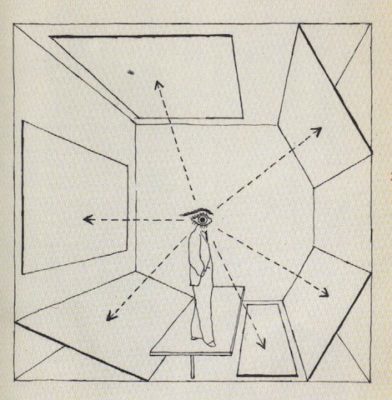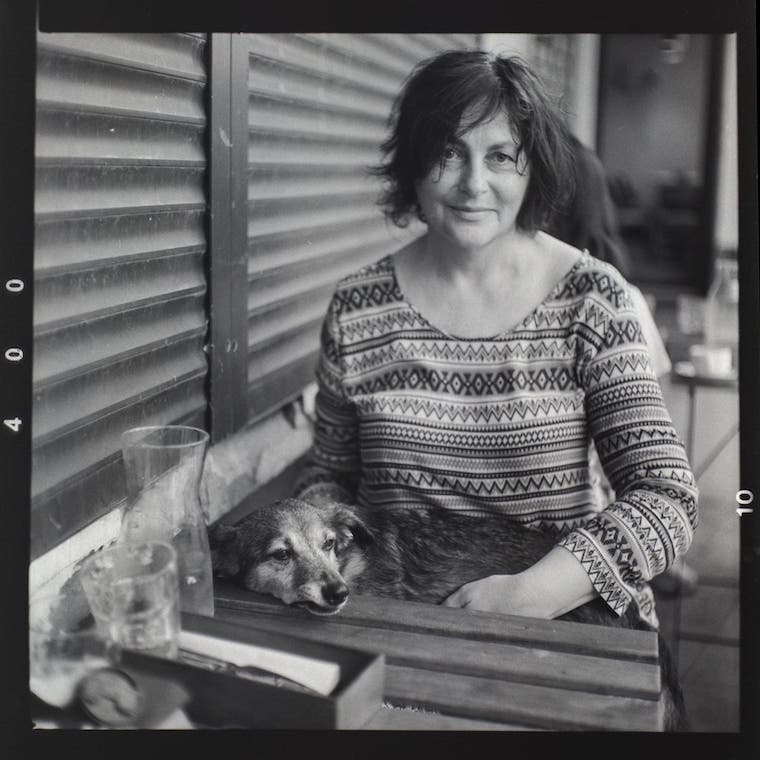Search
To search for an exact match, type the word or phrase you want in quotation marks.
A*DESK has been offering since 2002 contents about criticism and contemporary art. A*DESK has become consolidated thanks to all those who have believed in the project, all those who have followed us, debating, participating and collaborating. Many people have collaborated with A*DESK, and continue to do so. Their efforts, knowledge and belief in the project are what make it grow internationally. At A*DESK we have also generated work for over one hundred professionals in culture, from small collaborations with reviews and classes, to more prolonged and intense collaborations.
At A*DESK we believe in the need for free and universal access to culture and knowledge. We want to carry on being independent, remaining open to more ideas and opinions. If you believe in A*DESK, we need your backing to be able to continue. You can now participate in the project by supporting it. You can choose how much you want to contribute to the project.
You can decide how much you want to bring to the project.

More than a decade ago, in some Amsterdam bookstore, I came across a book titled “Feelings are always local” – an offspring of the exhibition of what was once called ‘new media art’, dedicated to operations of various networks, systems of transportation and transformation of content. Network is in a sense expanded operational system, where information flows, gets captured and clustered. The book, is since haunting my mind, as it seems to negotiate what is recognized as ‘local vernacular’ and ‘art idiom’.
Re-reading in this context the text Lars Bang Larsen and Søren Andreasen“Remarks on mediation” published at A*DESK in 2006,we find there a figure of middlewoman – curator as an editor of the material and recognized as an author – sending its edits into the network that approves or rejects authored material. The text was published at the time, when the role of curator was many ways discussed in books and essays. A great deal of work was made to describe a curator-function and curator as an speaking/acting subject.
Since the text was published, nearly everything seems to be a ‘curated’ practice, covering even larger areas of popular culture and fields of consumption for example. It is important then to get back to the matter of agency and the work of the well-oiled machinery of cultural production, defining ourselves in the centre of the problem. Who is art curator today and what kind of new institutional proposals are needed today are pivotal questions that should be renewed over and over again.
To go away from mainstream pressures we should make our own formats, structures and platforms, forms of display, discourse and institutional framework.
Reinvention of institutional forms that differ from calcified forms what can we understood as transformation of “what” into “how”. Making institution, similarly to exhibition making, is an act of authorship and the tool for mediation of feelings to expand to the impact on what is outside of art institution.

It happened to Aneta Szyłak – a curator and writer – to become institution-maker. Once a spirit behind original visions and foundational programs of Wyspa Institute of Art and Laznia Center for Contemporary art is now responsible for conceptual framework of NOMUS New Art Museum in Gdansk – an off-the-road museum revolving around local idiom, tactical relation to the mainstream discourse and transformative possibilities of curatorial actions.
"A desk is a dangerous place from which to watch the world" (John Le Carré)